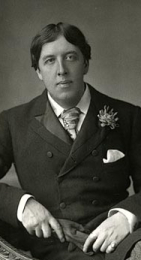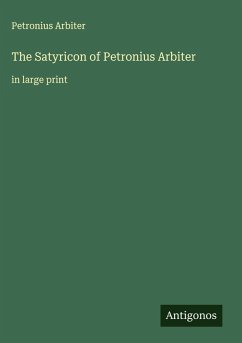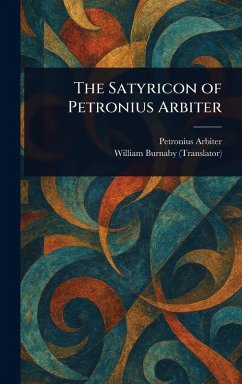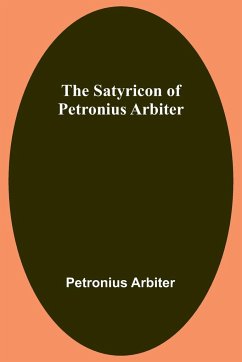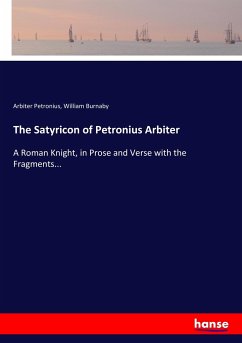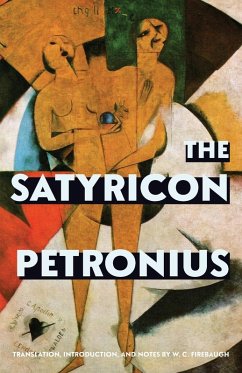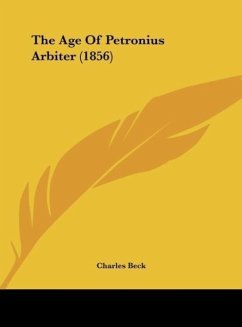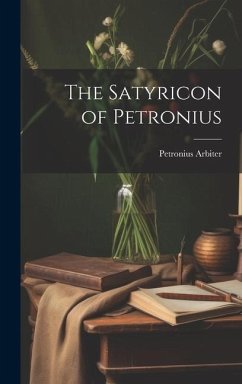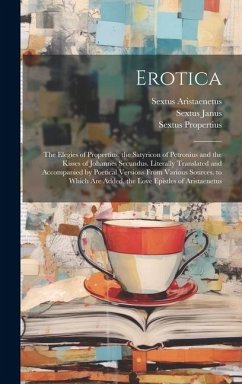
The Satyricon of Petronius Arbiter

PAYBACK Punkte
12 °P sammeln!
This volume contains Oscar Wilde's translation of ¿The Satyricon¿, a Latin work of fiction most likely written by Gaius Petronius. An example of Menippean satire, it contains both verse and prose presented with comic and serious elements, and concerns the unusual escapades of the narrator Encolpius and his 16-year-old slave and boyfriend Giton. Oscar Fingal O'Flahertie Wills Wilde (1854¿1900) was an Irish poet and playwright who became one of the most popular in London during the 1880s and 1890s. Well-known for his sharp wit and extravagant attire, Wilde was a proponent of aestheticism and ...
This volume contains Oscar Wilde's translation of ¿The Satyricon¿, a Latin work of fiction most likely written by Gaius Petronius. An example of Menippean satire, it contains both verse and prose presented with comic and serious elements, and concerns the unusual escapades of the narrator Encolpius and his 16-year-old slave and boyfriend Giton. Oscar Fingal O'Flahertie Wills Wilde (1854¿1900) was an Irish poet and playwright who became one of the most popular in London during the 1880s and 1890s. Well-known for his sharp wit and extravagant attire, Wilde was a proponent of aestheticism and wrote in a variety of forms including poetry, fiction, and drama. He was famously imprisoned for homosexual acts from 1895 to 1897 and died at the age of 46, just three years after his release. Other notable works by this author include: ¿Picture of Dorian Gray¿ (1890), ¿Salome¿ (1891), and ¿The Importance of Being Earnest¿ (1895). Read & Co. Classics is proudly republishing this classic work now in a new edition complete with a specially-commissioned new biography of Oscar Wilde.





